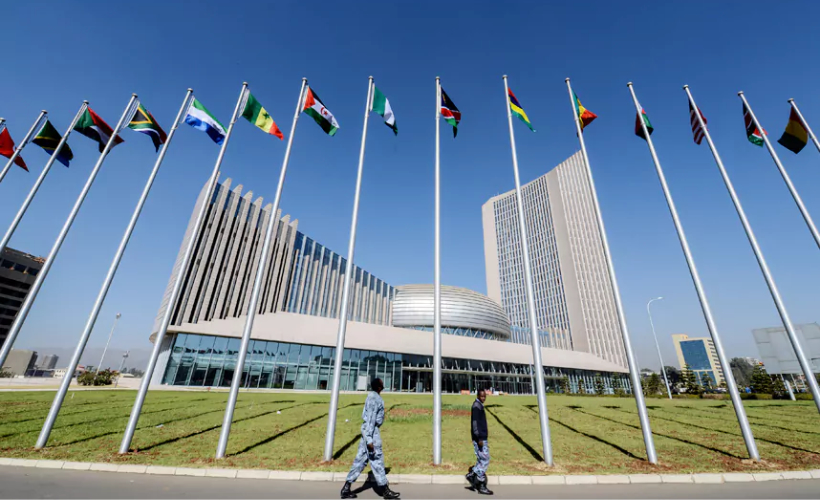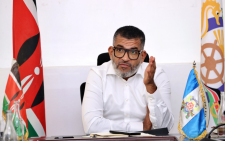African leaders need to solve their problems

In the past one week, nearly 500 people have died in torrential floods in the Democratic Republic of Congo. Thousands of others have been displaced and their properties swept away by the flash foods. Indications are that the toll of the downpour will keep rising.
The unprecedented deluge is not the only problem afflicting the expansive fertile and mineral-rich nation. Internecine wars have gripped the Central African country for more than six decades now, leaving millions of the citizenry dead, millions of others forced into refuge in neighbouring States and their wealth plundered.
Elsewhere in the vast Sudan, more than 400 citizens have lost their lives in a three-week violent feud between two egoistic military Generals. Further North, hundreds of people perish in the Mediterranean Sea each week as they attempt to cross from the strife-torn Libyan Coast to Europe through Italy in search of what they deem to be greener pastures.
In the Western part of the continent, military coups and terrorism are now what defines the lifestyle and livelihoods of the inhabitants. Where soldiers have ascended to political power violently in Mali, Burkina Faso and Guinea, militia terror groups are reigning supreme in Nigeria, Mauritania, Mali, Niger, Chad and Burkina Faso.
In all these incidents, the African leadership sits and watches helplessly while the mayhem rages unabated with no sign of solutions being weaved anywhere. In the DRC, retired Kenyan President Uhuru Kenyatta is attempting to mediate in a multi-faceted 60-year-old warfare in which not even the neighbouring countries can agree on a common front to address the menace.
It is believed each of these countries are pushing for their own interests in relation to the massive mineral deposits in Congo and may not be ready or even willing to find an amicable way forward aimed at resolving the conflict. As for the floods, no single voice has been raised from the African political leadership towards the deaths in DRC. Not even the African media has given sufficient attention to the havoc wreaking the country.
In Sudan, the two warring military chiefs have been dragged by the United States and Saudi Arabia to the Saudi city of Jeddah where their representatives are engaged in unstructured talks to end the pettiest of wars on the continent to hit the headlines.
Before being hauled out of Khartoum for talks in Jeddah, the wrangling Sudan Generals had snubbed calls for ceasefire and negotiations from the African Union, the Inter-Governmental Authority on Development (IGAD) and individual countries like Kenya whose President William Ruto had volunteered to arbitrate. The situation in West Africa is despicable. Terror and brutal warfare have become the norm and even the political leadership on the continent appears to have taken it so.
All these seamy events point to a shameful situation where Africans are incapable of containing their own challenges, in spite of the oft-repeated ‘African solutions to African problems’ mantra. Africa’s leaders have to wake up. We cannot continue wearing faces of shame and failure in the 21st century.
The time when leaders rode to the political throne with the express purpose of stealing from their own people is over. African leaders must rise to the occasion and both individually and collectively confront the myriad hurdles the continent encounters today. The African Union and regional blocks like EAC, IGAD, ECOWAS, SADC, COMESA et al must urgently regroup and find new meaning to their existence.
It will always remain a bruising shame for African leaders to manufacture problems in their own countries and then expect outsiders to come and iron out the matters for them, as is the situation in Sudan presently.
— The author is the Revise Editor with the People Daily newspaper









